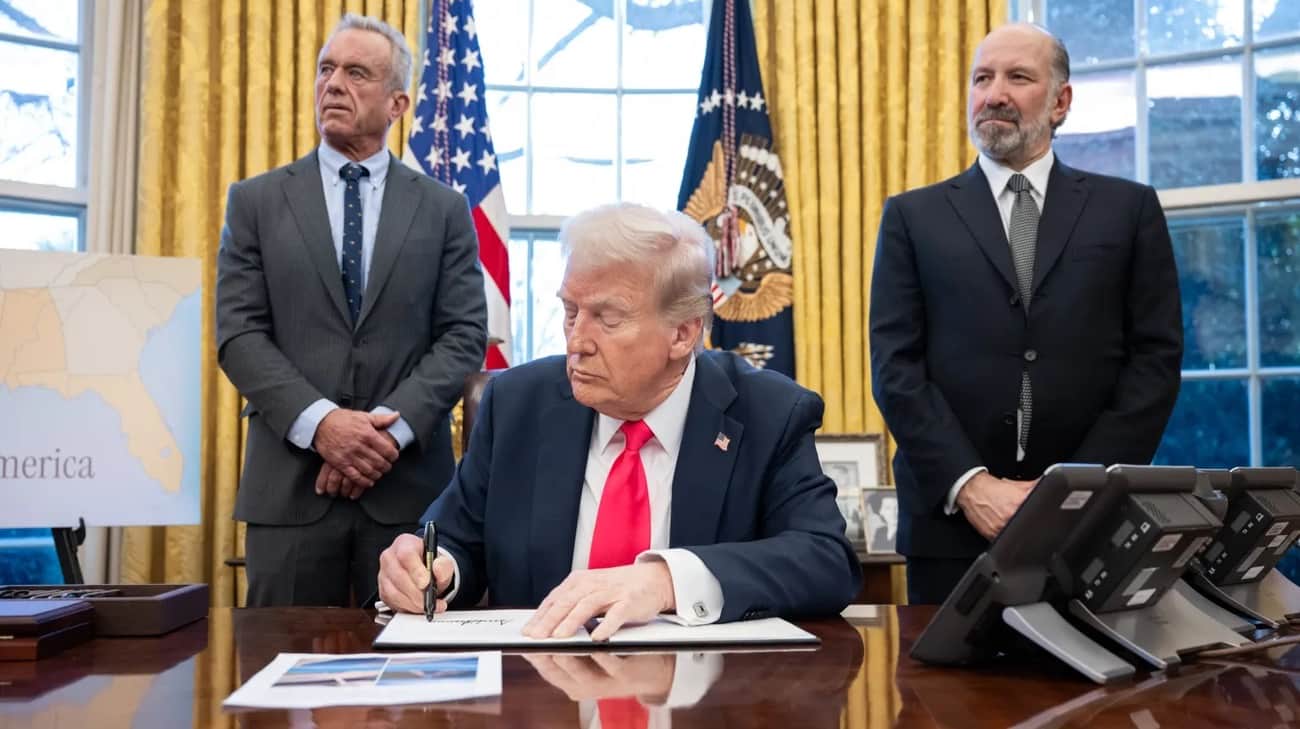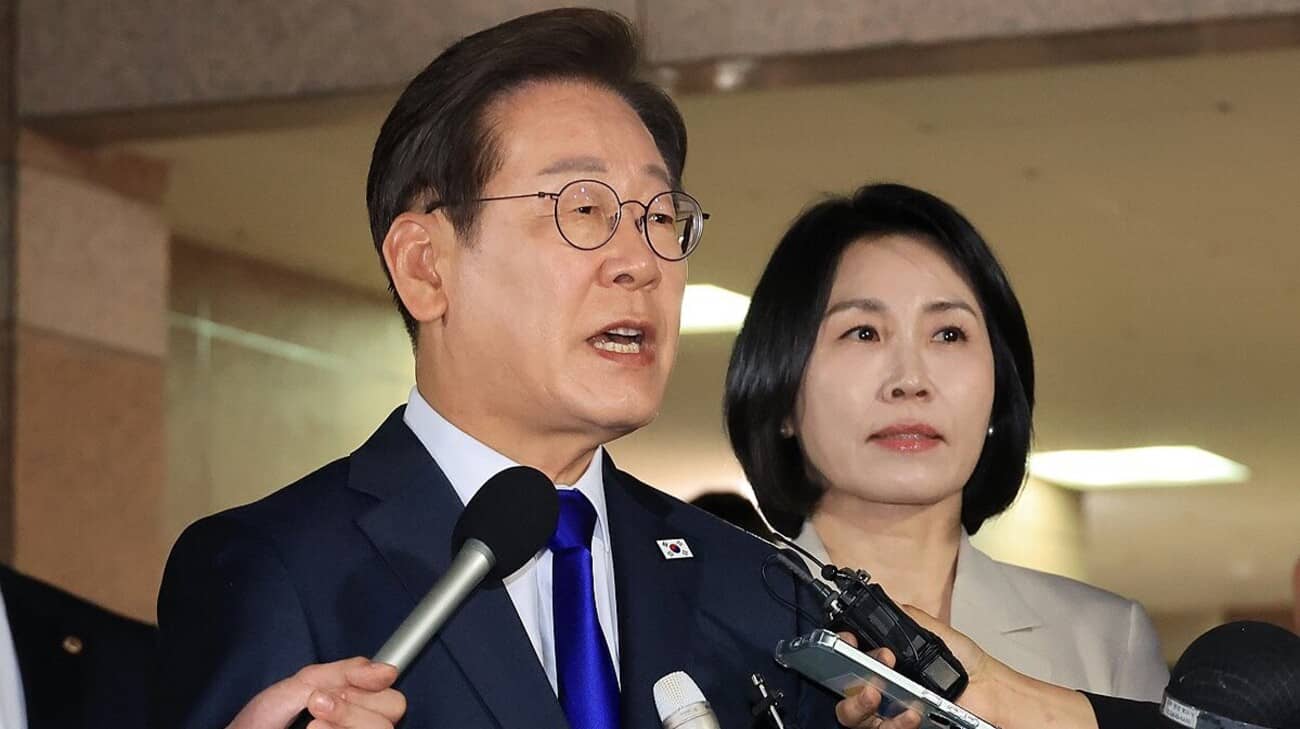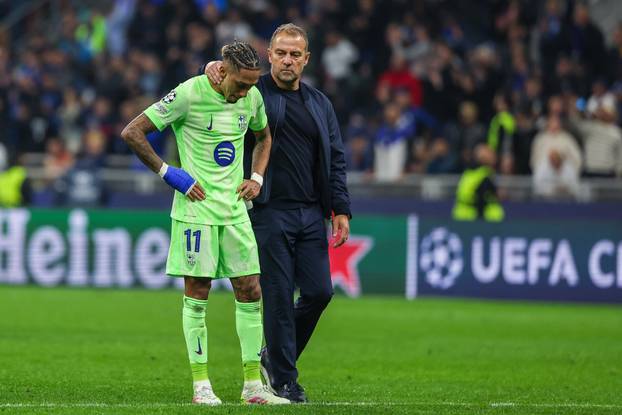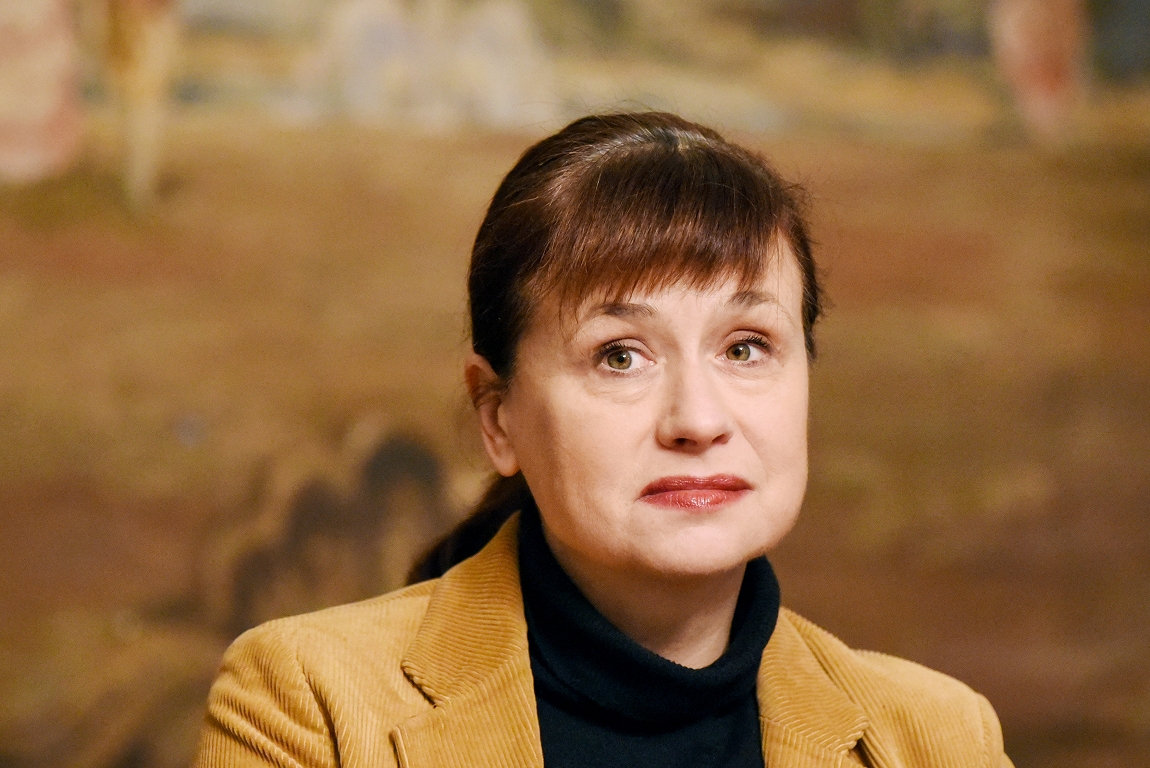Polish Trump: What are the problems and challenges of Karol Navrotsky’s victory

The most dramatic elections in Poland’s history. This thesis became an axiom before the second round, because both candidates for the post of president: Rafal Tshaskovsky from power and Karol Navrotsky from the opposition – went without a break.
And when after the end of the vote, the first exit Pole showed the minimum, Only 0.6 percentage point, the advantagehe seemed to not believe his victory yet.
And, as it turned out, he did the right thing. After all, the next-and more accurate-exit Pole gave away the opposite result: Karol Navrotsky – Director of the Institute of National Memory, formally independent candidate, who was actively supported by the opposition party « Law and Justice » (« PAS ») should become the president. What is later and confirmed officially.
Navrotsky won the elections contrary to the shaft of a compromise that was known before the election campaignand part – « exploded » in the last weeks. No other candidate seemed to survive such reputational blows.
However, the electorate of Navrotsky showed a really « Trump » character-he refused to believe in any information published by unfriendly media.
And yet – with Donald Trump Navrotsky combines a frankly unfriendly attitude towards Ukraine.
The winner of the election in Poland actively fought with « Bandera ideology », promised to prevent the « Ukrainianization of Poland », exhibited the conditions of accession to the EU and even promised to block Ukraine’s acceptance in NATO.
Let’s try to analyze how this victory will change Poland, its foreign policy, and of course – relations with Ukraine.
Why Navrotsky?
For the leader of the « Right and Justice » (« Pis ») Yaroslav Kaczynski The current presidential election looked like a « gentleman or missing ».
In 2023, the « PAS », according to the results of the parliamentary elections, lost power, and in addition – a monopoly on the right political front, where it is increasingly close to a much aggressive « Confederation ».
Only President Andrzej Duda rescued from the full defeat of the party, who regularly vetoed Donald Tusk’s initiatives.
The defeat in the presidential election could ask the need to replace the party head, and most importantly, it would significantly weaken « PAS », making the party potential prey for « Confederation ».
Yaroslav Kaczynski personally made a decision on the candidacy and strategy « PAS » in the presidential election. Then, at the end of last year, this task seemed absolutely unrealistic-any candidate from the Tusk Civic Platform Party had ratings, almost twice as high as any policy with « Pis ».
In the end, Kaczynski made his bet, making a key requirement that the candidate should not be associated with « PAS » and her government and, if possible, be seen as an independent candidate.
These arguments also led to the choice of Karol Navrotsky, who was not only a non -partisan, but also in the current position of the director of the Institute of National Memory, he was appointed due to part of the votes of the deputies of the current coalition.
At the same time, the fact that Navrotsky’s views are often different from « Pism » and more similar to the « Confederation » program also looked like an opportunity to attract the voters of this party in the second round.
These advantages in Kaczynski’s calculations have outweighed fears because of the candidate’s too ambiguous past (especially since many « skeletons in the closet » were not known at that time).
In the end, these calculations were fully worked.
The failures of the Tusk government were beaten by Rafala Taszkovsky’s ratings, while the problems of previous governments did not affect Navrotsky ratings.
And the formal non -involvement in « PAS » simplified the choice for the voters of the far -right Slavomir Mezen and Grzegozh Brown, who took third and fourth places in the first round.
Trump’s first European victory
Another component of Navrotsky’s success is the change of the situation in the world.
Donald Trump’s return to the White House was the impetus for many European far -right and conservatives. Moreover, the new US administration showed their support.
However, this support was not enough to ensure the arrival of the far -right to the authorities in Germany and Romania. But in Poland it turned out.
Despite the fact that the pro -government candidate Rafal Taskovsky was not criticized against Trump (unlike the Minister of Foreign Affairs, Radoslav Sikorsky, who also claimed the nomination from the Tusk Party), this did not prevent the thesis that with a non -conservative President.
In the end, the Civic Platform deliberately went at risk, putting forward Liberal presidential candidate, who supported LGBT measures and even conflicted with the Catholic Church as a mayor of Warsaw.
For the Democrat President in the United States, this could not be a problem. But not for Trump’s presidency.
In the end, Donald Trump personally supported Navrotsky, accepting it in the White House on May 1 and wished it.
And between the first and second rounds, the US domestic security Minister Christie Noem arrived in Poland, who was directly agitating for Navrotsky.
Finally, the Basic Electorate « PAS » showed a similarity to Maga-Americans in everything concerning the criticism of their candidate.
Even before the nomination of Navrotsky a presidential candidate was known about his acquaintance with the criminal world and the neo -Nazi environment.
And during the election campaign it became known that Karol Navrotsky worked as a skeleton in Sopot, And most recently received the ownership of the apartment without fulfilling the obligation to its previous owner-pensioner.
However, the mistake of the Taszkovsky team was that they relied on a compromise against their opponent, not offering an interesting vision of the future of Poland.
However, in one way or another, as in the case of Trump, the compromise against Navrotsky was so dense and powerful that he eventually stopped working.
Reforming Poland?
Will the victory of Navrotsky « The beginning » of the Donald Tusk government and the start of the revenge « PAS »? It is not excluded, however, in no way is guaranteed.
Poland is a parliamentary state, and the powers of the President are quite limited. Including the possibility of dissolution of the Seimas and announcement of early elections.
Currently, this possibility exists only in the case of the government of no confidence (and this requires the loss of coalition of most seats), as well as the inability of the government to accept the state budget by the end of the year.
It is no accident that it became known that Donald Tusk plans to put a vote of trust in his government – First of all, to show the presence of a stable majority. If the government stands, the issue of early elections will be removed from the agenda by at least the end of the year.
However, simply demonstrating a vote will not be enough. Most of the observers are solidarity in the assessment that Current elections have become a « red card » for Donald Tusk. And the premiere will be very difficult to find a way out of this crisis.
It can also be argued that
Immediately after the announcement of the results of this election in Poland, preparation for the elections of parliamentary began.
Whether the term, which must be held in the fall of 2027, or early.
The new president must block all important government initiatives to weaken him as much as possible before the parliamentary elections. Increasing the chances of a revenge « Pis ».
But in this, Yaroslav Kaczynski and his party can expect an unpleasant surprise.
At least two positions (attitude towards Ukraine and compulsory vaccination) Karol Navrotsky’s position is significantly more radical than « PAS » and more similar to the views of « Confederation ».
Therefore, the hope that the new president will be an obedient doll in the hands of « Pism » can be too idealistic. It is not possible to even exclude that the new President will start a confederation.
And then his victory will be for « Pis » really Pyrrov.
However, in any schedule, Navrotsky may be a link between « PAS » and « Confederation ». Thus increasing the possibility of creating a coalition in the next convocation of the Seimas.
Such a threat becomes particularly dangerous, given that the latest sociological surveys show that if early parliamentary elections were held now, only three political forces would be found in the Seimas: the Tusk Party, the Pis and the Confederation.
That is why the prospect of getting into the anti -Ukrainian president is also quite probable.
New challenges for Ukraine
It is worth recognizing the obvious – Ukraine has suffered losses with Poland before the election campaign was completed there.
For example, due to the threat of the Victory of the Navrotsky European Commission, it has long delayed discussing a new format of bilateral trade with Ukraine after the completion of autonomous trade preferences after the completion of June 5.
She delayed to such an extent that he had to return to the conditions that were in force until 2022. However, now, after the victory of Navrotsky, it will become much more difficult to negotiate the gradual liberalization of trade with the EU.
Despite the fact that such negotiations with the EU are within the competence of the government, the fact that Poland has already entered a new electoral cycle will force Tusk to pursue more critical foreign policy towards Ukraine.
Especially in issues such as trade in agricultural products.
After all, Slavomir Menzen, whose electorate was mostly supported in the second round of Navrotsky, has already reminded of the obligation taken by the future president. According to Menzen, his voters expect « that this time will be different » and that this time the President of Poland
« It will not put Ukraine’s interests on one step with our own. »
« I think you remember that they have won the millions of votes of people who did not vote for you in the first round … You managed to convince my voters with very specific declarations signed with me in Torun, » he added.
We will remind that among the signed obligations there is a guarantee not to send Polish troops to Ukraine and block Ukraine’s accession to NATO.
It remains only to hope that the victory of Navrotsky will not create problems for military support of Ukraine. At least, the election winner has previously avoided applications for the termination of military support of Kiev, even for the sake of attracting far -right voters Grzegozh Brown.
However, it can be assumed that the statements are increasing that Kyiv has to « pay off the debt » for this assistance – from reaps in memory policy to privileges for the Polish business in the Ukrainian market.
Another problematic sphere is the relationship in the field of memory policy.
Karol Navrotsky has made a political career on « antibanders » (and often simply anti -Ukrainian) theses and, most likely, will make such statements in a new position.
This must be prepared, and at the same time – to the fact that Russia activates provocations in this area.
It can also be argued that elections have already adversely affected the situation of the Ukrainian community in Poland, Having made critical statements about Ukrainians quite acceptable to the tops.
Most likely, this trend will continue, because the election campaign in Poland does not end.
All this requires Ukraine to revise the strategy of relations with Poland.
It is necessary to move away from the romantic slogans in 2022 to a rational dialogue, in which the emphasis is on the fact that good relations and cooperation are profitable in Warsaw in the same way as Kiev.
And for the current Polish government, the current defeat should be a signal: flirting with anti -Ukrainian theses and trying to please the far -right electorate do not lead to victory.
So, when preparing for the much more important parliamentary elections, it is better to choose a different way?
Author: Yuri Panchenko,
Editor of « European Truth »
If you notice an error, select the required text and press Ctrl + Enter to inform the editorial staff.







